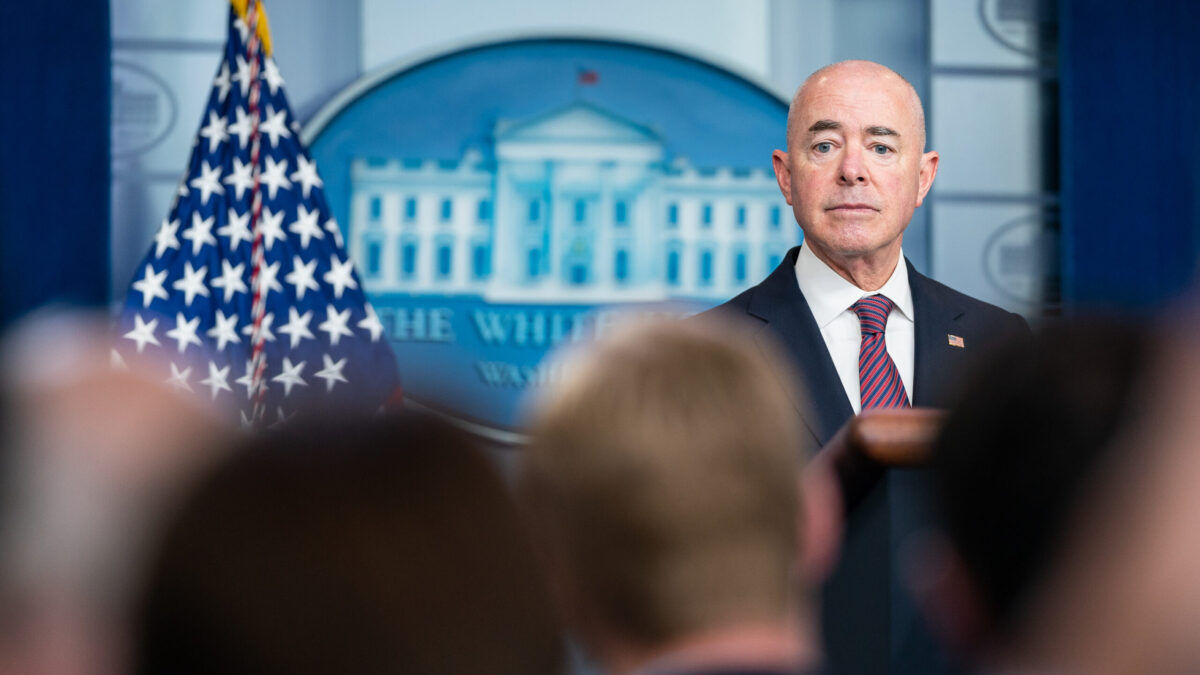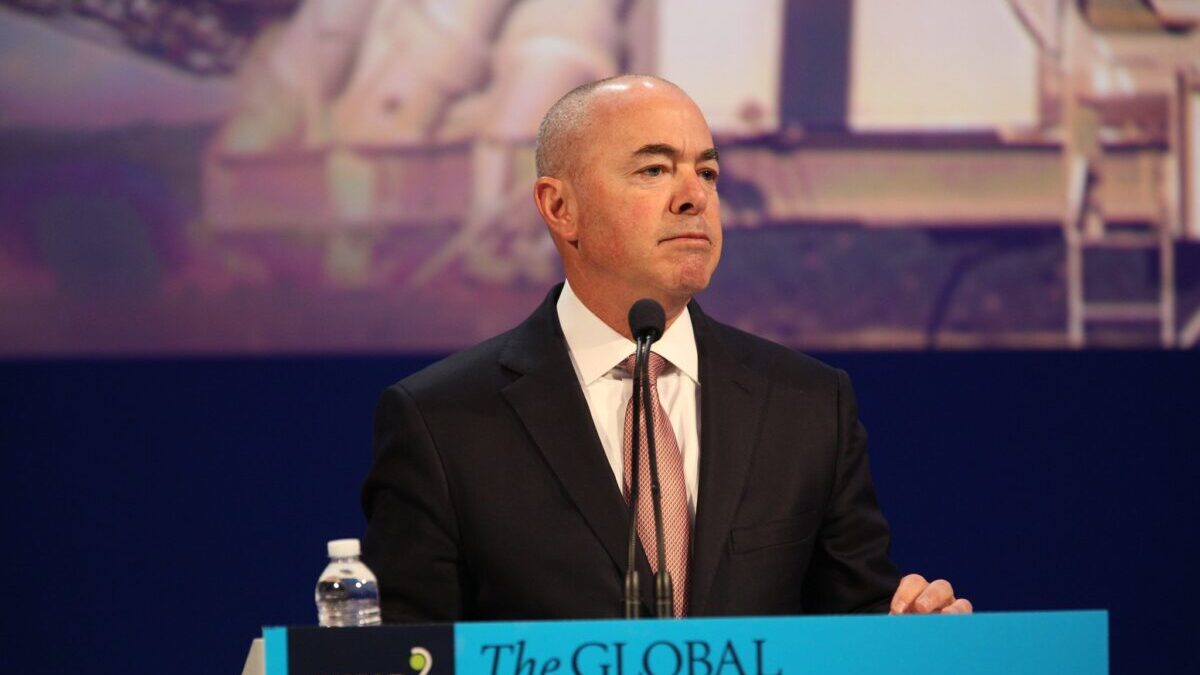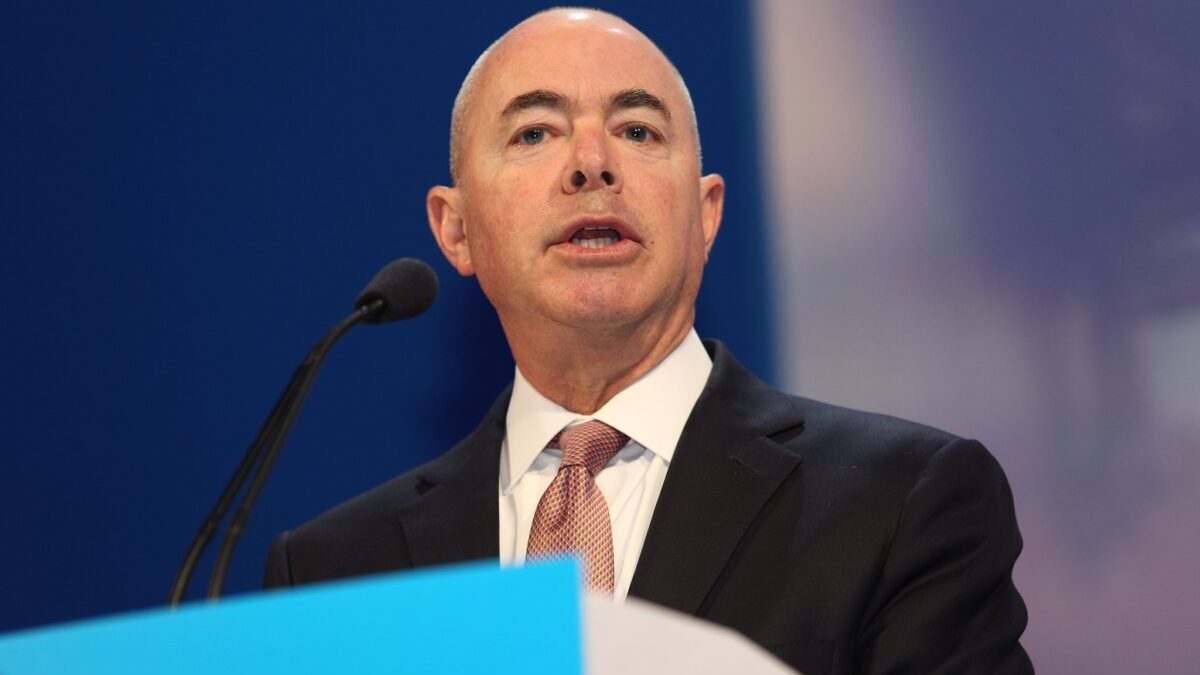Alaska Republican Sen. Lisa Murkoski posed a relevant question to the Democratic House impeachment managers Tuesday night, and the prosecutors refused to offer an answer.
Murkoski asked why House Democrats declined to push subpoenas for witnesses they now say are vital to testify during the impeachment trial when the House intelligence and judiciary committees were given such power after an official impeachment inquiry was authorized.
Here’s Murkoski’s exact question:
In early October, Mr. Cipollone sent the letter saying none of the subpoenas issued by the House were appropriately authorized and thus invalid. When the House passed the resolution authorizing the impeachment inquiry and granting subpoena power to the intelligence and judiciary committees, the body could have addressed the deficiency the White House pointed out and proclaimed those subpoenas as valid exercises of the impeachment inquiry. Alternatively, the House could have reissued the subpoenas after the resolution was adopted. Please explain why neither of those actions took place.
The House impeachment managers’ response? A dismissive argument describing Murkowski’s points as a “red herring.”
Texas Democratic Rep. Sylvia Garcia delivered the answer for the impeachment managers and spent several minutes attacking the senator and the White House rather than answer the critical question of the moment as the Senate deliberates whether to call new witnesses to drag out the trial for months.
“These arguments, plain and simple, are a red herring,” Garcia declared. “The House’s impeachment inquire and its subpoena were fully authorized by the Constitution, the House rules, and precedent. It is for the House, not the president, to decide how to conduct an impeachment inquiry.”
Garcia continued. “The president has asserted the power to determine himself which congressional subpoenas he will respond to and those he will not.”
Garcia said nothing addressing Murkowski’s question, which was why the House did not reissue the subpoenas that the administration declared invalid, or challenge the White House on its ruling. Democrats now claim that the impeachment process cannot be fair without hearing from new witnesses such as former National Security Advisor John Bolton, who should have testified in the lower chamber before the House rushed to pass the articles of impeachment before Christmas.
The question comes amid a turbulent moment in the impeachment trial: senators could either wrap up the proceedings as early as this week or drag out the process for months if it chooses to call additional witnesses not called by the House.
Earlier this week, new revelations surfaced in a leak of manuscripts from Bolton’s upcoming book set to be published in March, adding pressure on Republican senators to cave on calling new witnesses to hear Bolton testify in the trial, who has recently said he would comply with a congressional subpoena.
The new revelations however, that Bolton claims Trump tied nearly $400 million in military aid to Ukraine to politically motivated investigations began to surface on Sunday, the same day Bolton’s book became available for online pre-ordering. The new charges from Bolton also came without evidence from a former White House aide ousted from the administration, raising questions about his credibility.
Bolton’s book leaks have given Democrats and the media a new pretext to push senators to decide to keep the Senate at a grinding halt in an effort to call witnesses, which is certain to provoke a long battle with the White House over whether Bolton may testify, and to what questions Bolton may answer if he does testify.
The last-minute book leak is reminiscent of 11th-hour revelations put in motion by Democrats during Supreme Court Justice Brett Kavanaugh’s confirmation hearings, when psychology professor Christine Blasey Ford and several other women came forward with allegations of past sexual misconduct with no credible basis as Kavanaugh’s nomination looked likely to succeed.









